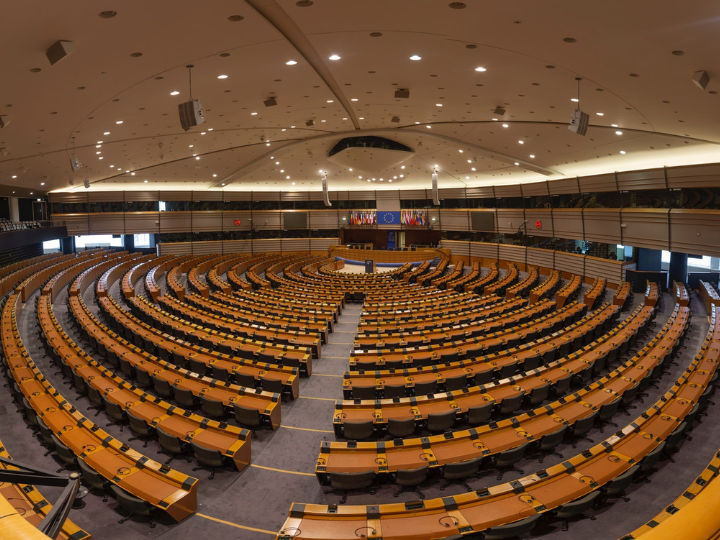by Benjamin Fox
MEPs want to expand the remit of the law on European political parties to allow them to register and obtain funding in countries outside the EU, under a proposal adopted on Wednesday (13 July).
Last November, the European Commission unveiled plans to revamp the law that governs the activities and funding of European political parties and their affiliated foundations, aimed at making them financially more viable, cutting red tape and making it easier for them to contribute to and take part in national campaigns.
One of the Commission’s proposals is to allow European political parties and foundations to collect contributions from member parties or organisations located in countries belonging to the Council of Europe, the Strasbourg-based organisation promoting democracy and human rights. According to the Commission, these contributions could be worth up to 40% of the total budget.
Deputies on the European Parliament’s Constitutional Affairs Committee, which endorsed their position by 18 votes to 4, want to make registration as a European political party and the subsequent funding subject to ensuring that member parties from outside the EU “observe equivalent values” such as the rule of law.
The EU lawmakers also want to extend the scope allowing EU funding to be used for national referendum campaigns to cover “issues directly related to the EU”, going beyond the European Commission’s proposal that funding could only be used for campaigns concerning “the implementation of the Treaties”.
This issue is likely to prove controversial in negotiations with national ministers. A report by the European Court of Auditors in April warned that “it would be not advisable to enable financing national referendum campaigns by European political parties” on the grounds that it would be too difficult to determine whether campaigns had been funded by national or EU money. It could also increase the risk of foreign interference, critics have warned.
Charles Goerens, the Parliament’s co-rapporteur on the file and a member of the liberal Renew Europe group, said that it was “high time for a more democratic and Europeanised political sphere” and that the Parliament proposals “provide the chance to strengthen citizens’ representation at EU-level, also for people outside of it.”
MEPs are expected to formally adopt their position in a plenary vote in September with a view to finalising the law with EU ministers by mid-2023, ahead of the 2024 European elections.
European political parties became independent in July 2004, when new EU regulations permitted them to receive annual funding from the European Parliament. Since then, the total amount of EU funding available for European political parties has increased from €6.5 million in 2004 to €46 million in 2021.
*first published in: www.euractiv.com




 By: N. Peter Kramer
By: N. Peter Kramer

